For individuals who have undergone dental implant surgery, experiencing complications such as peri-implantitis can be distressing. However, there's a minimally invasive solution to rescue failing dental implants: LAPIP, or Laser-Assisted Peri-Implantitis Procedure. In this article, we'll explore what LAPIP entails, how it can save failing dental implants, and why it's a preferred treatment option for many patients.
What is LAPIP?
LAPIP stands for Laser-Assisted Peri-Implantitis Procedure. It is an advanced periodontal laser treatment specifically designed to address peri-implantitis, a condition characterized by inflammation and infection around dental implants. LAPIP utilizes state-of-the-art laser technology to target and eradicate bacteria, disinfect the implant site, and promote the regeneration of healthy gum tissue and bone around the implant.
How Does LAPIP Work?
During the LAPIP procedure, a specialized dental laser is used to access and disinfect the pockets of infection that have formed around the dental implant. The laser energy selectively targets and destroys the harmful bacteria responsible for peri-implantitis, while also stimulating the body's natural healing response. This process helps to eliminate infection, reduce inflammation, and promote the regeneration of healthy tissues around the implant.
Benefits of LAPIP:
- Minimally Invasive: LAPIP is a minimally invasive alternative to traditional surgical techniques for treating peri-implantitis. It does not involve cutting or suturing of the gums, resulting in less discomfort, swelling, and downtime for patients.
- Preservation of Implant: Unlike traditional surgical methods that may require the removal of the implant, LAPIP helps preserve the integrity and stability of the dental implant by targeting and treating the infection while maintaining the implant structure.
- Effective Results: Studies have shown that LAPIP is highly effective in treating peri-implantitis and can lead to significant improvements in gum health and stability around dental implants.
- Faster Healing: The use of laser technology in LAPIP promotes faster and more predictable healing compared to traditional surgical techniques, allowing patients to resume normal activities sooner.
- Long-Term Success: With proper maintenance and oral hygiene, LAPIP can help ensure the long-term success and stability of dental implants, providing patients with lasting results and improved oral health.
Indications for LAPIP:
LAPIP may be recommended for individuals experiencing signs and symptoms of peri-implantitis, such as:
- Swelling and inflammation around the implant site
- Bleeding or pus discharge from the gums
- Pain or discomfort when chewing or biting
- Mobility or looseness of the implant
Conclusion:
In conclusion, LAPIP is a revolutionary periodontal laser treatment that offers a minimally invasive and highly effective solution for saving failing dental implants affected by peri-implantitis. By targeting and treating the infection while preserving the integrity of the implant, LAPIP helps restore gum health and stability, allowing patients to enjoy the benefits of their dental implants for years to come. If you're experiencing complications with your dental implants, consider consulting with a qualified periodontist to see if LAPIP may be the right treatment option for you.
